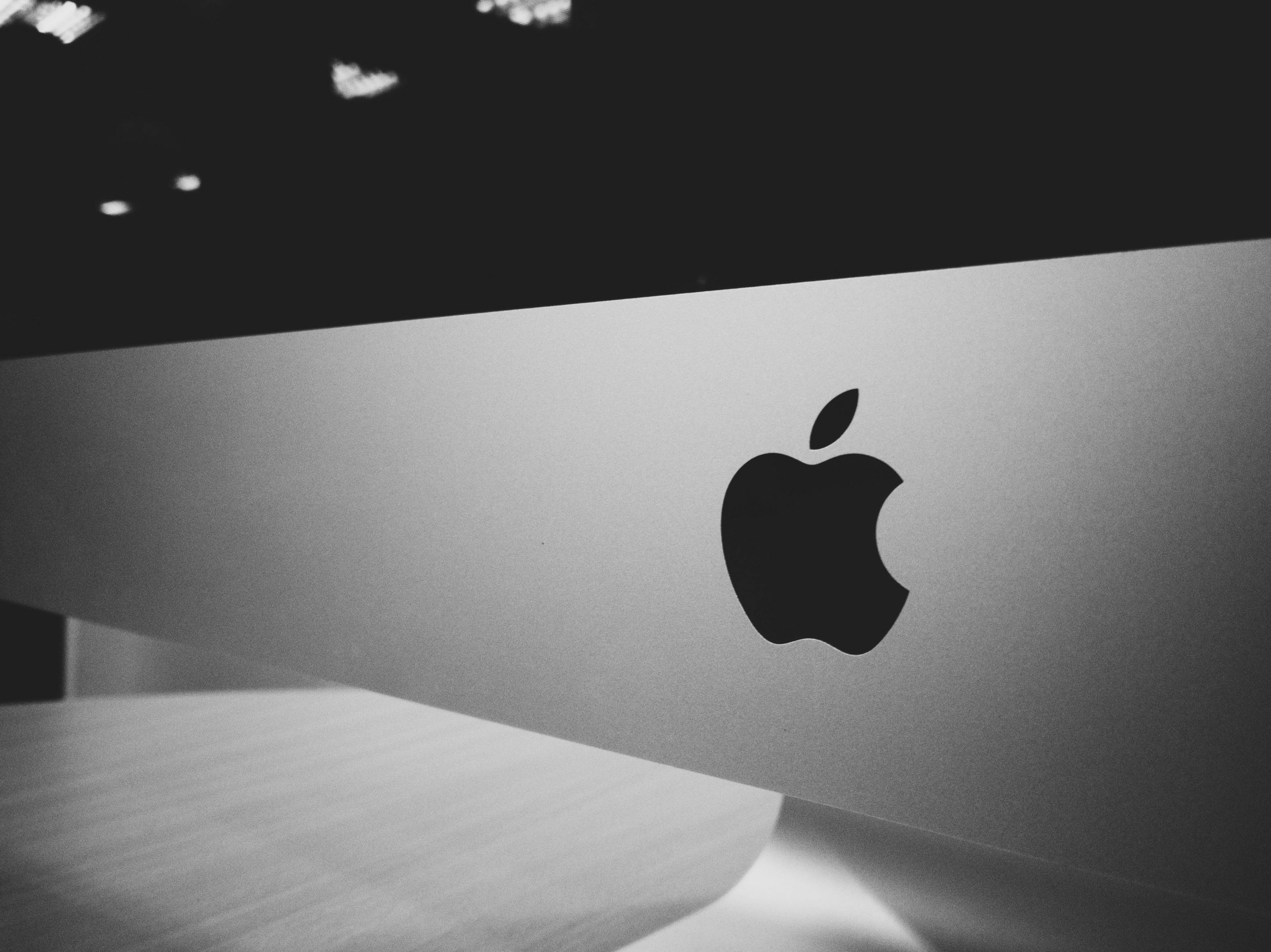
Apple will open its tap-and-go mobile payments system to rivals, EU antitrust regulator said on Thursday, even as its chief Margrethe Vestager said the iPhone maker has yet to change its business practices to comply with landmark tech rules.
The company faces three investigations under the Digital Markets Act, which requires Big Tech to ensure a level playing field for rivals and give users more choice.
Vestager last month said its App Store rules breached the DMA and also kicked off a probe into new contractual terms for app developers and rival app stores.
She said she has not seen any move by Apple to comply with the DMA since then.
“What I can say so far is that we have not seen a change in behavior on Apple’s side when it comes to our preliminary findings,” Vestager told a press conference.
“I would have hoped so because I think it will be beneficial for consumers and customers and of course respectful to the legislator to discuss in depth what would be expected from gatekeepers,” she said.
Separately, Vestager said earlier on Thursday that she accepted Apple’s offer to open its tap-and-go mobile payments system to rivals to end a four-year long investigation that could have resulted in a hefty fine.
The European Commission, which acts as the EU antitrust enforcer, said Apple’s offer would be valid for 10 years. More than 3,000 banks and issuers in Europe offer Apple Pay.
“From now on, Apple can no longer use its control over the iPhone ecosystem to keep other mobile wallets out of the market,” Vestager said.
Apple’s tap-and-go technology called near-field communication, or NFC, allows for contactless payments with mobile wallets. It will now allow developers to access its NFC to pre-build payment apps for rival mobile vallet providers.
Apple said its offer would give European developers an option to enable tap-and-go payments for car keys, closed loop transit, corporate badges, home keys, hotel keys, merchant loyalty/rewards, and event tickets from within their iOS apps.
Norwegian mobile payment app Vipps MobilePay, which had complained about Apple Pay, welcomed the company’s concessions, saying it gives it the opportunity to compete at equal terms with Apple and other providers.
Apple was slapped with a 1.84-billion euro fine in March, its first EU antitrust penalty, for thwarting competition from Spotify and other music streaming rivals via restrictions on its App Store.
Regarding Microsoft’s deal with cloud services organization CISPE to settle a antitrust complaint to stave off an EU investigation which was announced on Wednesday, Vestager said, “I think it’s a promising outcome.”



